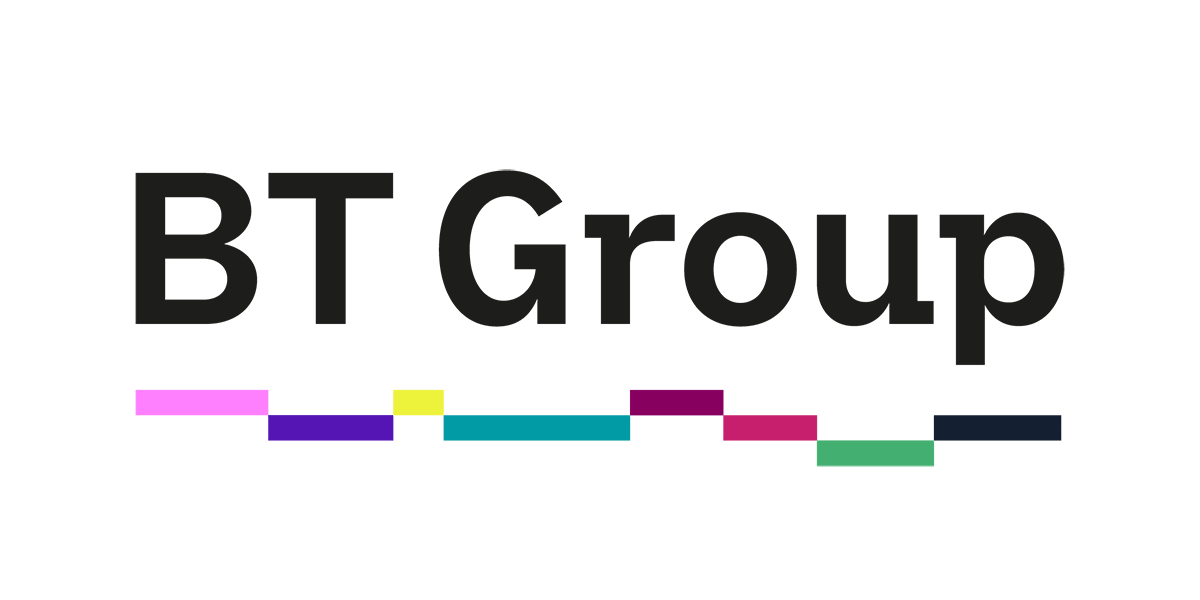
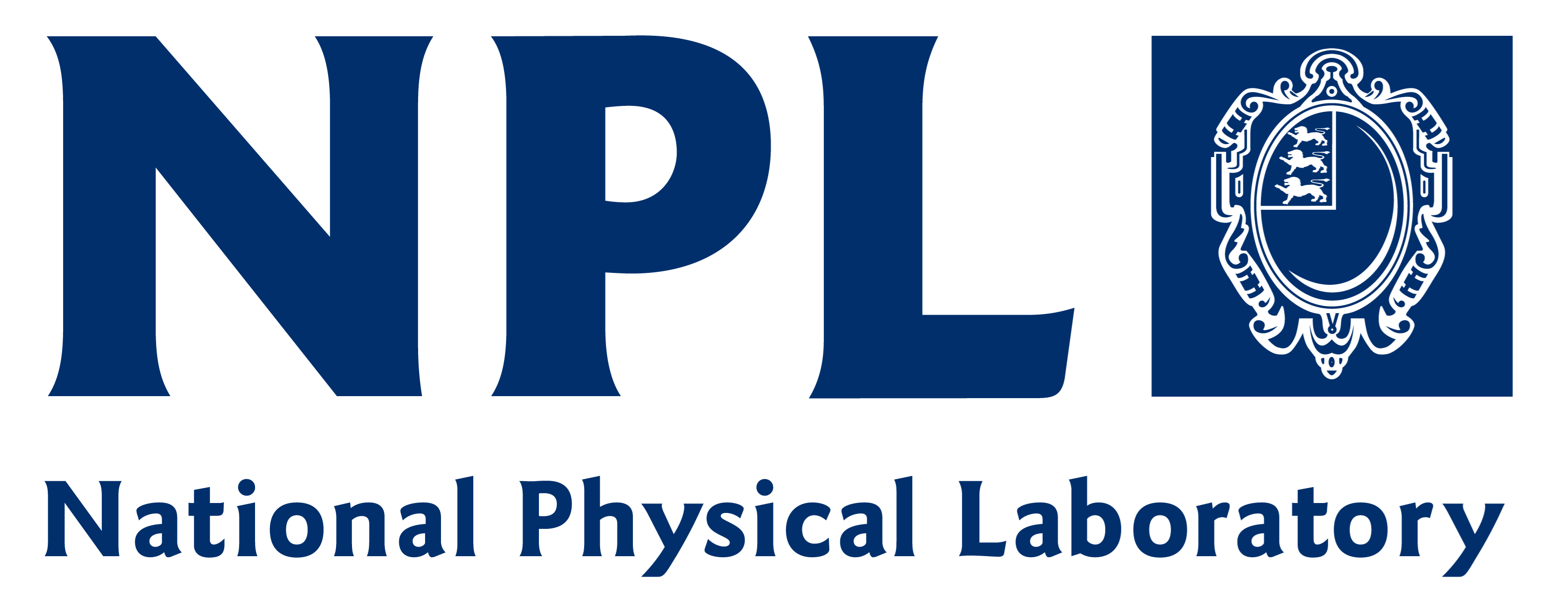
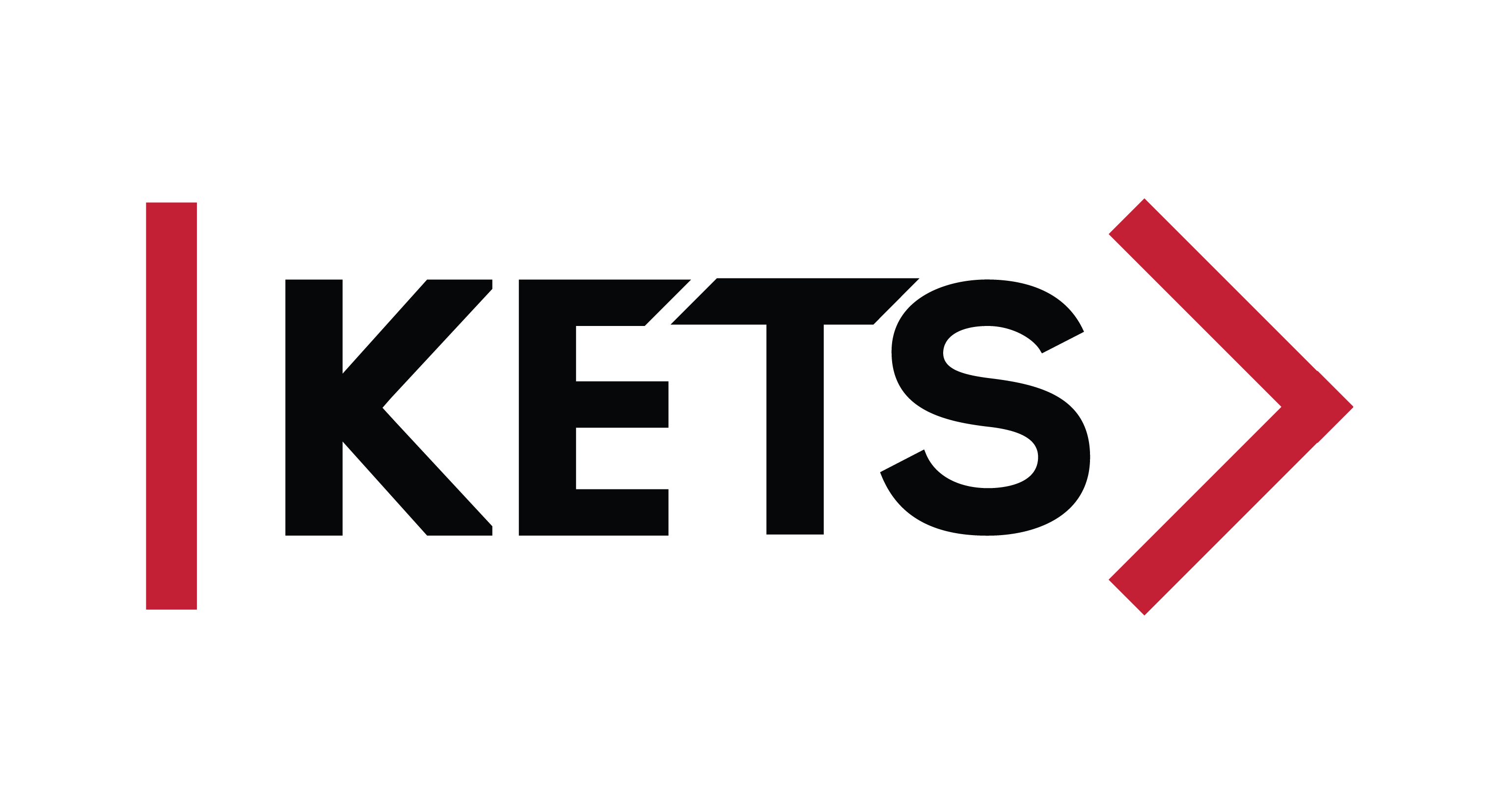

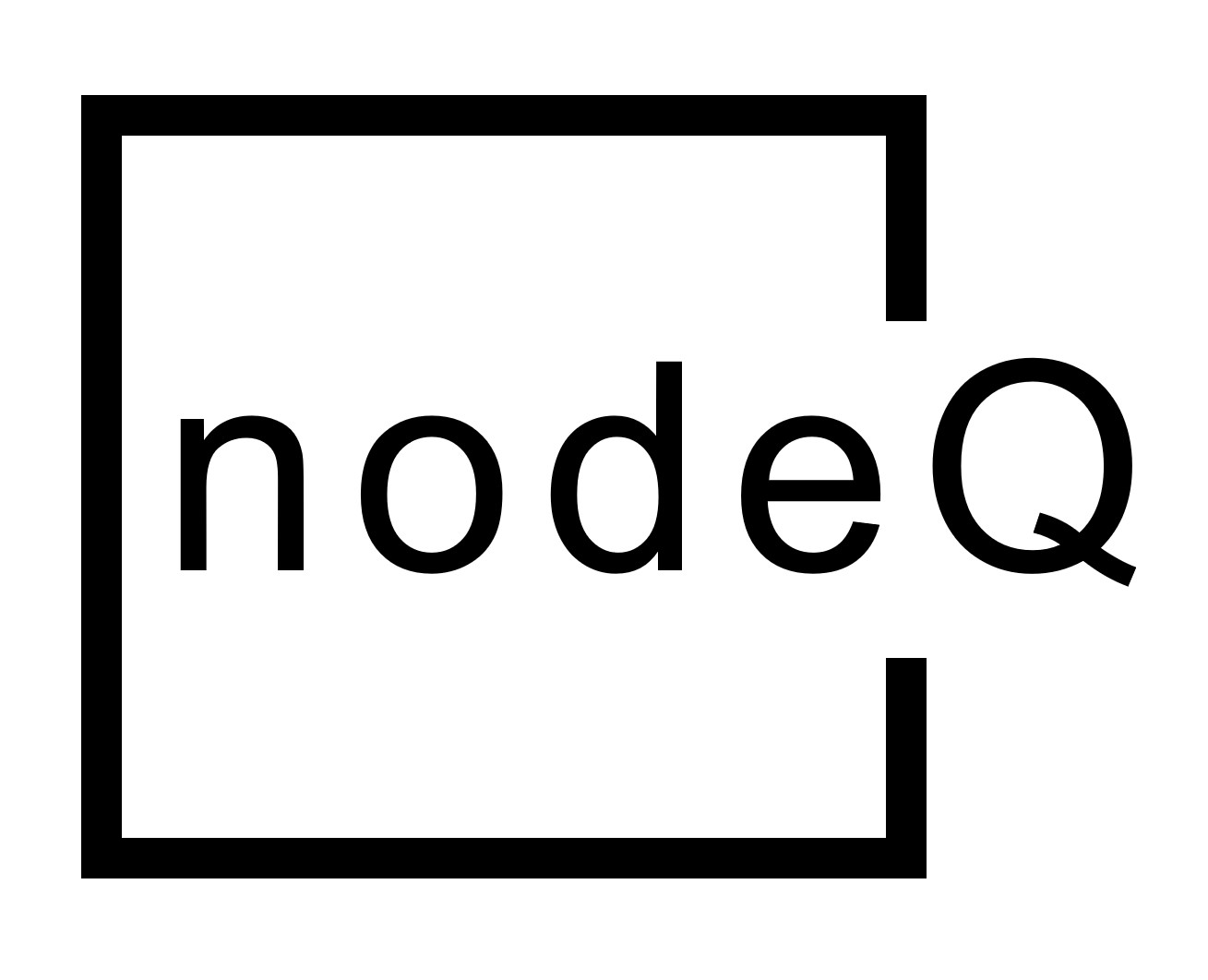



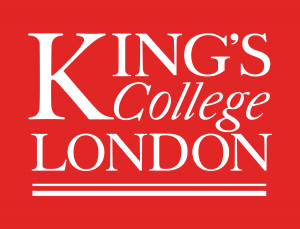
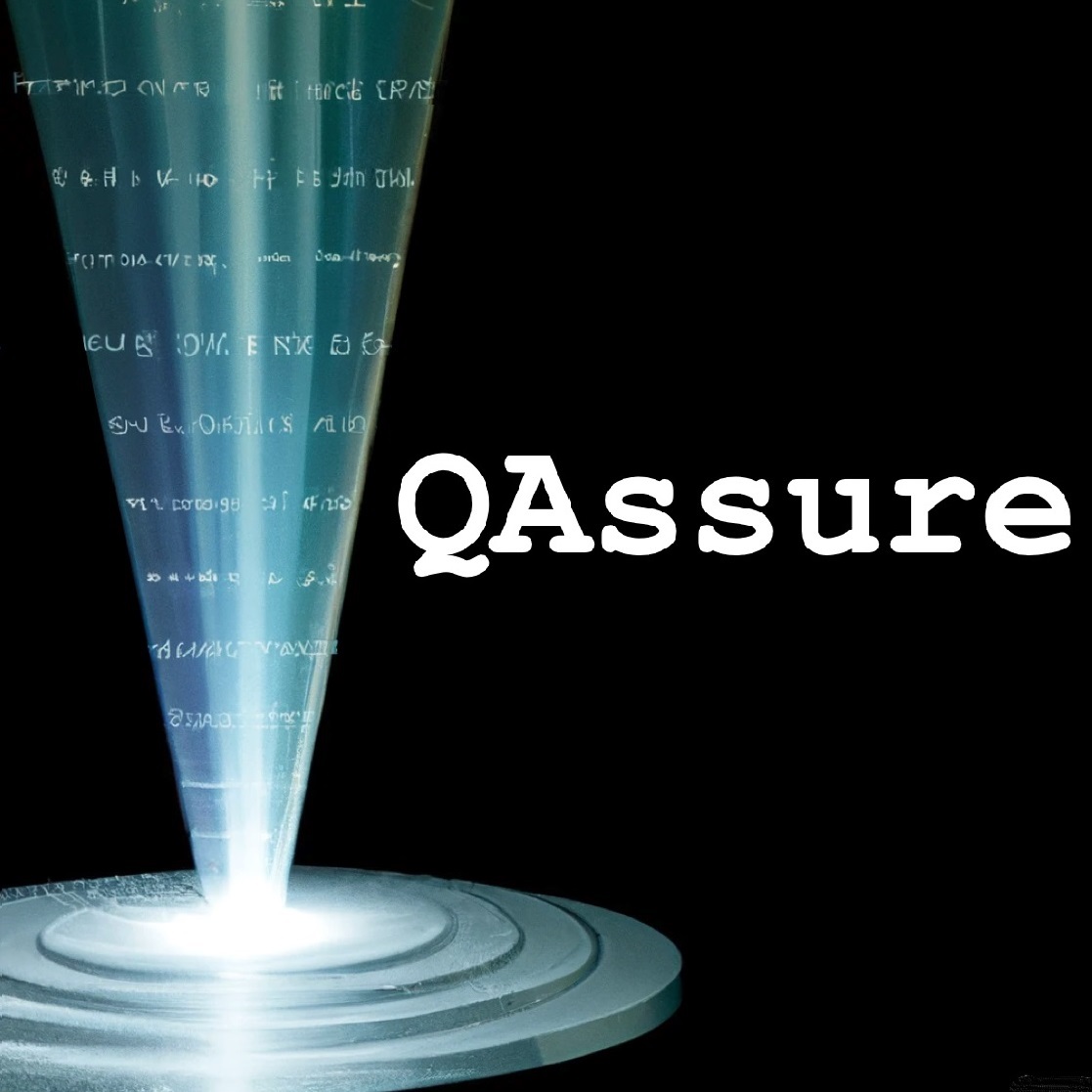









The QAssure project is working to establish a security assurance framework to assess system security for quantum technology based communications systems, with Quantum Key Distribution (QKD) as the primary focus.
The project is led by BT Group plc, and involves a total of 11 partners from large and small enterprises, universities and the National Physical Laboratory. The other consortium partners are University of Bristol, Cystel, HSBC, KETS Quantum Security, King's College London, Loughborough University, nodeQ, Toshiba Europe Ltd, and Quentangle. The project is enabled by Innovate UK funding, as part of the Quantum Challenge within the UK National Quantum Technologies Programme.
Security technologies based on quantum physics require work to ensure consistency and quality of the technology implementation, ensuring that it offers the properties intended. The aim of QAssure is to establish a methodology for the assurance of quantum-secure communication systems, with QKD systems and networks as the main area of study.
Assurance can establish trust in the performance, reliability, safety and security of a technological system, and confidence that it meets requirements. This is essential when technology is to be used in critical systems, such as within the healthcare or financial sectors. Assurance of new computing and network technologies is an established area of research and expertise, but methods needs to be updated to support quantum technologies. This requires some transfer of knowledge, understanding and skills between systems engineering and cybersecurity specialists, and the technologists and quantum cryptography researchers involved in designing, building and testing the new technology.
QKD is a quantum-safe technology that is immune to computational advances. This gives the technology many advantages including protection from foreseen and unforeseen future computational threats, and ‘store today, hack tomorrow’ attacks on key exchange. The UK already has an active and growing Quantum Key Distribution industry, providing both products and services.
Assuring QKD systems is a multidisciplinary process, and requires physical characterisation of components, side channel analysis, and also classical aspects including post-processing algorithms, software, interfaces, protocols and integration. Beyond this, we must consider organisational aspects such as process and supply chain.
The National Physical Laboratory (NPL) provide quantum metrology expertise and capability in quantum device testing and evaluation. The expertise of the other partners from academia and startups encompass a wide range of relevant specialist skills including traditional cybersecurity expertise. This collaborative effort aims to seamlessly integrate quantum cryptography with practical cybersecurity, establishing a robust assurance framework tailored for QKD systems, in alignment with modern methods of assurance.
| Specialism | Expertise led by |
|---|---|
| Supply chain and risk analysis | Cystel |
| Red teaming | Loughborough University (Cybersecurity) |
| Modern/Digital Approaches to Assurance Frameworks | Loughborough University (Systems Engineering) |
| QKD Equipment Manufacturers | KETS Quantum, Toshiba Europe |
| User Requirements & Integration | BT, HSBC |
| Software Testing & Formal Verification | Quentangle, King's College London |
| Composable security for QKD networking, Secure Key Rate Analysis, QKD Protocol Security Proof | nodeQ |
| Physical Link Characterisation & Implementation Security | NPL, University of Bristol |